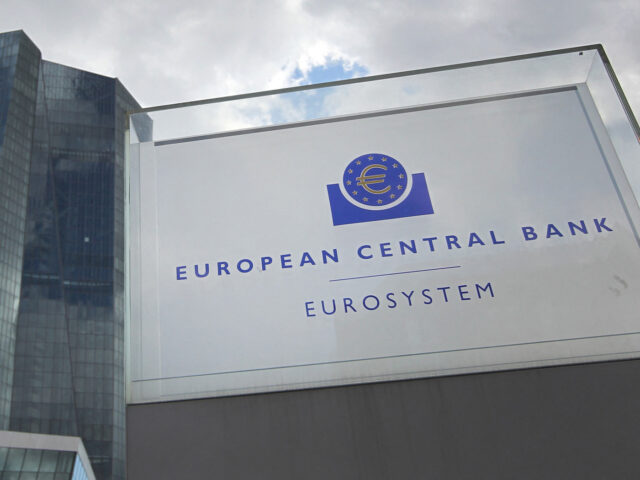Inflation within the Eurozone has hit yet another record high as the currency bloc struggles to deal with the ongoing gas crisis.
The Eurozone saw its annual inflation hit a fresh record high in July, with official documents pointing to the figure surging to 8.9 per cent.
While minutely offset by slightly stronger than expected growth in some countries, the rapid inflation points to a currency bloc struggling to deal with an energy crisis brought about by hostilities with Vladimir Putin’s Russia, with the likes of Germany and Italy having gotten themselves addicted to the now dwindling supply of Russian gas.
Such a strategic error has now more than come home to roost, with Eurostat documents putting energy inflation within the Eurozone at a shade under 40 per cent, while the price of food and alcohol also seeing high inflation at just under 10 per cent.
“…news that inflation was once again even higher than anticipated only underlines that the economy is heading for a very difficult period,” CNBC reports Capital Economics’ Andrew Kenningham as saying regarding the figures, with the economist also reportedly hinting that the strong EU growth will not be repeated or exceeded in the near future.
Meanwhile, POLITICO reports Commerzbank economist Christoph Weil as describing the Eurozone’s inflation problem as something that is now getting “bigger and bigger”.
Expert: Russian Gas Cutoff Could Collapse European Power Gridshttps://t.co/fvGn8GjUxD
— Breitbart London (@BreitbartLondon) July 28, 2022
With the currency union finding itself sandwiched between an energy crisis caused by a combination of climate crazy policies and the Ukraine war as well as a wide variety of economic struggles in the wake of the COVID-19 pandemic, many within the bloc are now struggling with day to day costs.
Things look set to get even worse in the winter, with some Eurozone states expecting to see family gas bills rise to around €4,700 (~$4807) a year as a result of shortages.
The EU currency itself has also encountered severe difficulty, dropping below parity with the dollar for the first time since 2002 — the year it was first introduced — earlier in the month.
According to analysis published by specialist website DailyFX, the currency’s near future could be plagued with similar weakness in the near future, while investment bank J.P. Morgan is now reportedly expecting the bloc to hit a recession by 2023 as a result of gas shortages.
Further difficulty is also expected to occur in 2024 and beyond, with the bank saying that their “bigger call” is the Eurozone will see lower GDP levels and higher unemployment in the coming years, something it says points towards a disinflationary impulse.
Such economic forecasts will likely seem academic to many Europeans come the winter however, should they find themselves unable to heat their homes sufficiently due to gas either being completely unaffordable or completely unavailable.
Nor if it ends up being the case that the average European is left unable to turn on their lights after their national grid collapses as a result of a lack of Russian gas, an eventuality one Swedish expert now believes is possible.
“I don’t want to sound alarmist, but in terms of electricity supply, it’s a very problematic situation ahead of the winter months,” he said.
“You have to maintain the voltage in the grid because when it falls too low, it can collapse. There is a risk that this could happen in Europe when consumption is reduced.”

COMMENTS
Please let us know if you're having issues with commenting.